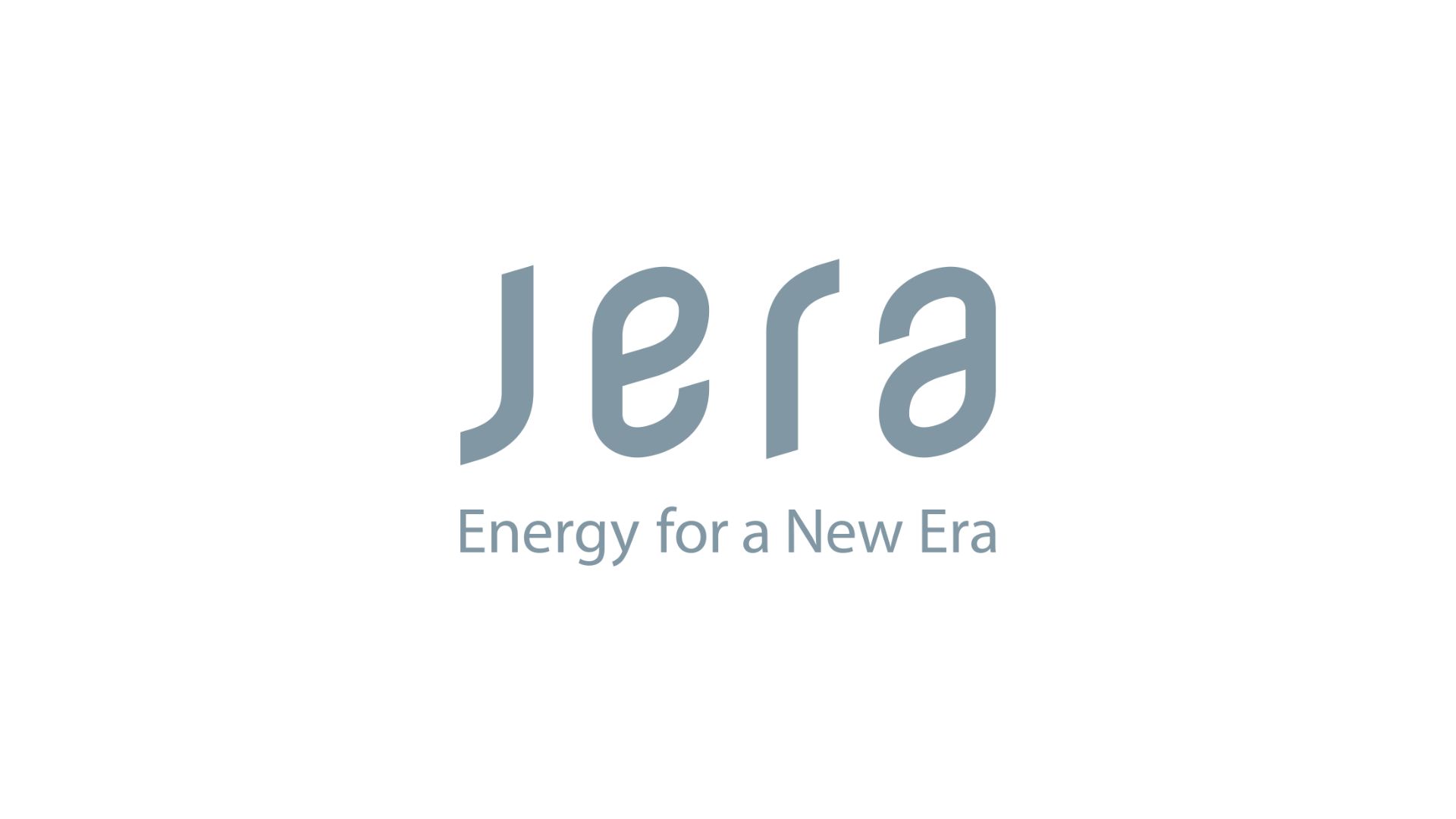JERA: PH transition to new energy need gov’t subsidy
- June 26, 2023
- 0

JERA Co. Inc. has highlighted the need for government subsidies to facilitate the transition to new power generation technologies such as liquefied natural gas (LNG), ammonia, and hydrogen. This assistance is essential to ensure the achievement of decarbonization goals while simultaneously maintaining stable and affordable energy costs.
JERA’s senior managing executive officer and director of Aboitiz Power, Satoshi Yajima, emphasized that the primary obstacle in decarbonization initiatives is the issue of pricing.
Yajima emphasized that even with the introduction of new technologies, the people’s acceptance is contingent upon their affordability. If the prices are high, it becomes difficult for the public to embrace these technologies. Hence, the company aims to introduce cost-effective technologies that can be readily embraced by everyone.
Ammonia alone costs from $200 to $400 per ton, which is double the price of coal at $100 per ton. It’s important to note that this price is specifically for blue ammonia, which is not yet decarbonized and is primarily utilized as a fertilizer in the agriculture sector.
Yajima proposed that the ideal solution to tackle the cost challenge would be the adoption of Liquefied Natural Gas (LNG) as a transition fuel source for the country. This strategy would enable the conversion and utilization of existing coal plants. However, in the long run, the ultimate solution lies in the utilization of ammonia and hydrogen.
JERA and Aboitiz Power Corp. earlier partnered for the development of LNG projects. By incorporating LNG into the energy portfolio, JERA believes that the Philippines can offer the most affordable form of clean energy. This approach allows the country to meet its energy needs while awaiting the price stabilization of ammonia and hydrogen in response to increasing demand.
Aboitiz Power thermal business group chief operating officer (COO) Felino Bernardo said a balanced power mix is crucial. Both renewable energy and coal-fired power plants alone cannot meet the requirements. Bernardo emphasized that Liquefied Natural Gas (LNG) not only provides a more sustainable source of electricity but also offers lower costs.
Aboitiz currently has a 1,200-megawatt (MW) Pagbilao project in its pipeline. The target is to align this capacity with the Meralco competitive selection process, which is expected to take place between 2029 and 2030, Bernardo said.
In the past, Aboitiz Power and JERA have identified potential areas for cooperation on a variety of fronts, such as joint development of LNG-to-power projects, the sourcing and management of LNG as a fuel, prospective involvement in aspects of plant operation and management, and search of the use of new generation technologies.
Currently, JERA is not actively advocating for the widespread adoption of ammonia to avoid disrupting its crucial role in the agriculture sector, where it serves as a vital component. The company aims to build a new supply chain for ammonia and hydrogen before fully committing to it.